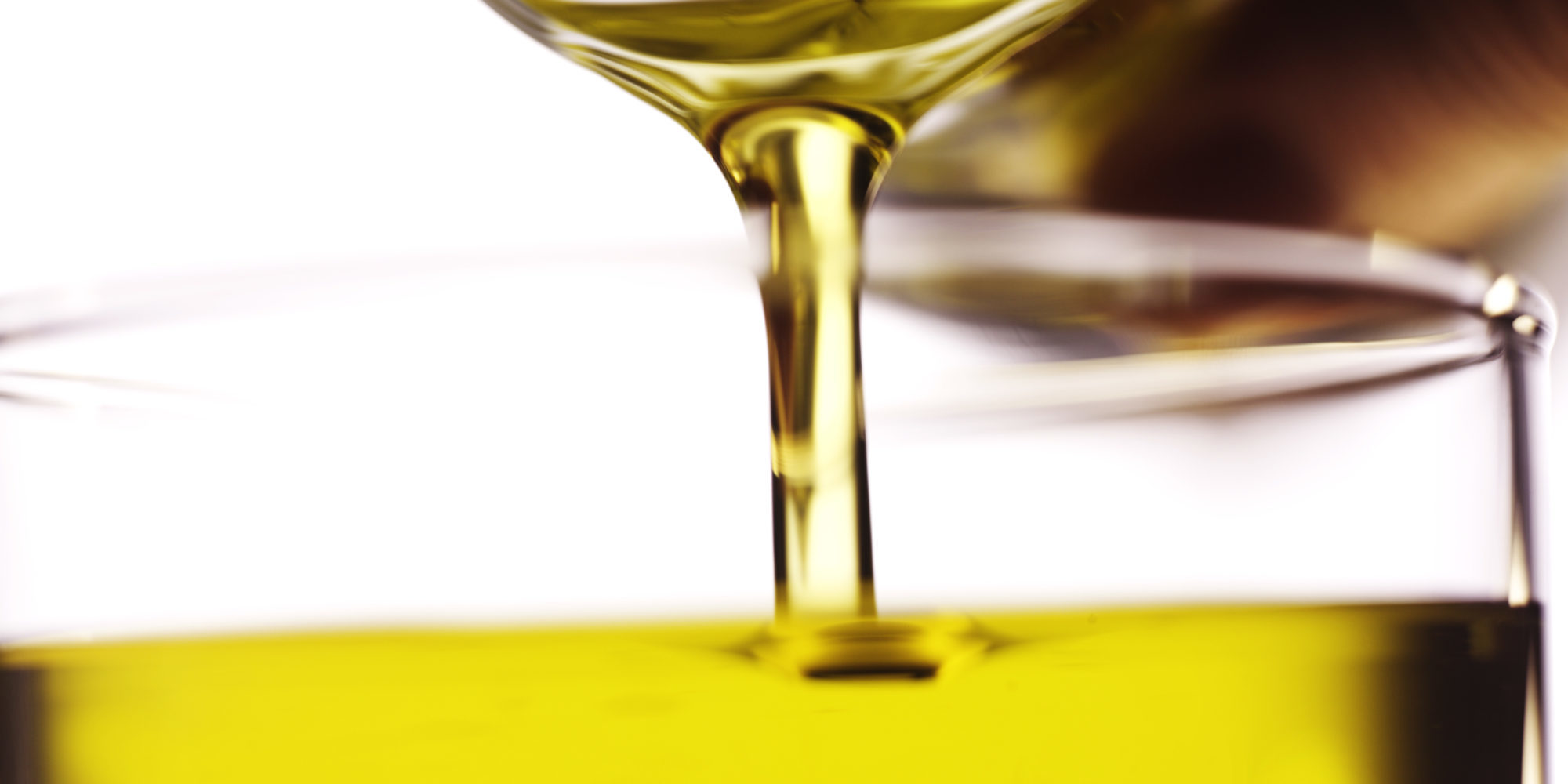11.21.2025
Sausage casings bulletin, November 21, 2025

...

Cut in Indian Palm Oil Tax Sparks Rally in Veg Oil Futures
Soybean oil prices rallied during the shortened trading session on Friday as overnight strength in palm oil futures triggered oil/meal spreading by funds. Buying across the soybean complex also supported gains as concerns about South American growing conditions outweighed reports of Chinese buyers canceling U.S. cargos.
The potential for Chinese buyers to slow purchases and cancel or roll cargos forward is probably the most significant downside risk for the soybean values and, by extension, soybean oil prices. The Jacobsen believes Chinese importers have sufficient supplies and have secured enough cargos to make it through February without buying any more soybeans from U.S. sources. However, given the risk the South American crop will be substantially smaller than expected, the probability Chinese buyers will not buy any more soybeans or cancel a large enough volume of sales to drive soybean prices substantially lower is minimal. The Jacobsen expects soybean oil prices to remain well supported in the short term, as world vegetable oil fundamentals remain bullish. The recent profit-taking may also set up the next leg higher and a potential test of the psychologically critical 40-cent level.
Soybean oil futures gained about 1 1/2 percent (January contract +68 basis points per pound). The advance left the benchmark contract back above the 38-cent level and at a new life-of-contract closing high, but the continuous most active contract was still about 1/4 cent below its recent high. The Jacobsen expects short-term resistance for the benchmark contract at the recent high set by the continuous most actively traded contract (38.81 cents), the 39-cent level, and the intraday high set by the continuous most actively traded contract at 39.32 cents. Short-term support is likely at the five-day exponential moving average (38.18 cents as of Friday’s close), the 38-cent level/10-day moving average (38.05 cents), and the 15-day moving average (37.43 cents).
Palm oil prices rose about 3 1/2 percent (February contract +111 ringgit per tonne) after falling more than one percent on Thursday. A reduction in the tax rate on Indian palm oil imports and news that the Malaysian government signed a deal to procure almost 13 million doses of Pfizer’s coronavirus vaccine supported the gains. However, prices fell in early trading on disappointing cargo surveyor data. After testing the 3,200-ringgit level in the last 30 minutes of the morning session, steady buying during the afternoon session drove the benchmark contract back above the 3,300 ringgit level and just below its life-of-contract high of 3,364 ringgit. The Jacobsen expects short-term resistance at the closing high, the 3,400-ringgit level, and the intraday high (3,420 ringgit) set on November 19. Short-term support is likely at 3,300 ringgit, which is just above the five-day exponential (3,291 ringgit as of Friday’s close) and 10-day moving averages (3,298 ringgit), and at the 3,200-ringgit level/20-day moving average (3,212 ringgit).
A reduction in the import tax on crude palm oil from 37.5 percent to 27.5 percent by the Indian government, announced Thursday, sparked hopes that Indian buyers would increase palm oil purchases despite the relatively narrow spread between soybean oil and palm oil prices. The announcement more than offset cargo surveyor reports suggesting Malaysian palm oil exports fell more than 20 percent during the first 25 days in November from the same period in October.